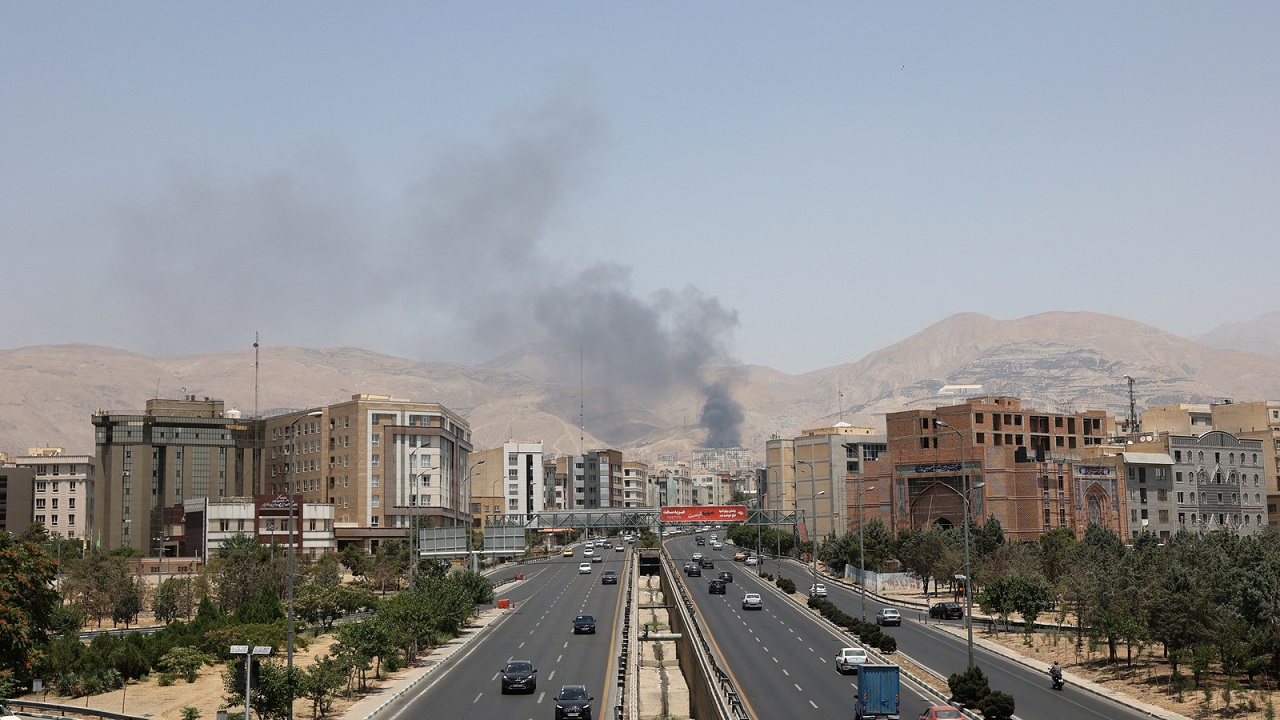Context:
Azerbaijan, the host of this year’s climate conference, COP29, has proposed to launch a new climate fund for developing countries.
Background:
Climate finance refers to the investments that are needed to tackle climate change by way of either preventive steps to reduce emissions, known as mitigation or preparatory steps to tackle its impacts, known as adaptation.
Key takeaways:
- Azerbaijan’s proposal comes at a time when negotiation on climate finance agreement is struggling to make progress. Finalising this finance agreement is the main agenda before COP29, which is scheduled to run from November 11 to 22 in Baku.
- The rich and industrialised countries are currently under an obligation to mobilise at least $100 billion annually for developing countries. The Paris Agreement, however, mandates that this amount must be increased after 2025 and every five years thereafter.
- The new fund proposed by Azerbaijan is unlikely to make a substantial difference to the availability of climate finance for developing countries.
- Currently, there are strong differences over even definitions of climate finance.
- Developing countries complain of double-counting and innovative accounting, and say that the actual amount of money flowing in for climate action is significantly lower than the claims made by developed countries.
- The other complaint relates to the neglect of adaptation activities. Most of the climate finance flows are directed at mitigation projects, the ones that lead to emissions reductions. This is because mitigation brings global dividends. Any emission reduction anywhere in the world benefits the entire planet.
- On the other hand, adaptation has local benefits. Donor countries are less inclined to invest in projects that only benefit the recipients. Developing countries have been demanding that adaptation should receive at least 50% of climate finance, much more than the less than 20% that has gone into it so far
- Developed countries are demanding the expansion of donor base.For instance, China, today the world’s second-largest economy, South Korea, and the oil-rich Gulf nations such as Saudi Arabia and Qatar do not have any financing obligations under the UNFCCC.
- Azerbaijan’s proposed fund is supposed to be financed by oil and gas producing countries, and corporations, but in a voluntary manner. This has raised questions over the amount of money it can attract as even funds to which countries are obligated to contribute have remained undercapitalised. For instance, the Loss and Damage Fund — created at COP27 in Egypt, in 2022, after years of negotiation — has so far received pledges of just $600-700 million.
- Azerbaijan’s fund, even if created, would not have the same status. It has not come through negotiations but at the initiative of a host country. Primarily, it is an effort towards leaving a legacy, much like similar initiatives by previous COP presidencies in the past.




Comments (0)